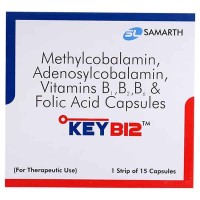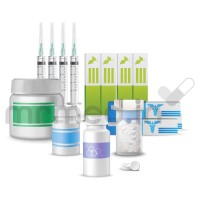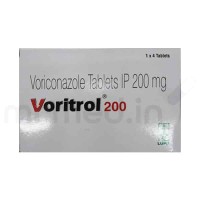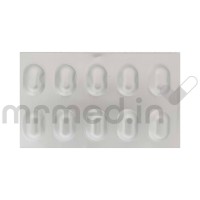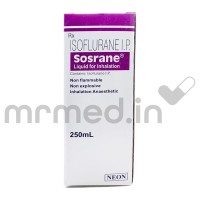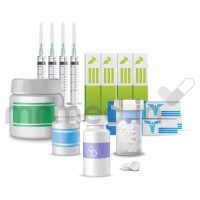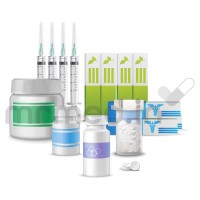Picon 1% cream contains active components called as pimecrolimus. It is a medication used topically (applied to the skin) for treating certain skin conditions, particularly atopic dermatitis, a type of eczema. It helps reduce inflammation and alleviate the symptoms associated with atopic dermatitis. It may also treat seborrheic dermatitis, primarily affecting the scalp and face. It presents with red, scaly, and often itchy patches of skin. In some cases, it may be prescribed for contact dermatitis, a skin reaction that occurs when the skin comes into contact with irritants or allergens. It may be used to treat intertrigo, which can be exacerbated by moisture and friction, leading to redness and irritation.
It's important to note that Picon 1% cream is generally recommended when other treatments, such as topical corticosteroids, have proven ineffective or are unsuitable due to safety concerns or side effects. It should not be used by individuals with a known hypersensitivity or allergy to it or its components. It should not be applied to the skin with active viral, bacterial, or fungal infections. It is generally not recommended in individuals with a weakened immune system or those taking immunosuppressive medications.
Picon 1% cream is not typically recommended in individuals with a history of skin cancer or pre-cancerous skin conditions. This medication is generally not recommended for use in children under the age of 2 years. It can be used in older adults, but a healthcare provider should assess its safety and effectiveness, especially if the individual has other medical conditions or takes multiple medications.
- Atopic dermatitis (eczema) treatment
- Seborrheic dermatitis
- Contact dermatitis
- Intertrigo
Therapeutic Effects of Picon 1% Cream 10gm
Pregnancy
If you are pregnant, discuss the potential risks and benefits of using Picon 1% cream with your healthcare provider.
Breast Feeding
The safety of Picon 1% cream during breastfeeding has not been well-established through extensive clinical trials. Breastfeeding women should consult their healthcare provider to discuss the potential risks and benefits.
Lungs
If you have asthma, COPD, or other respiratory issues, inform your healthcare provider before starting Picon 1% cream and rebreathing difficulties immediately.
Liver
Limited information is available on using Picon 1% cream in individuals with significant liver problems is available. If you have liver disease or are taking medications that affect the liver, consult your healthcare provider before using Picon 1% cream.
Alcohol
No specific known interactions exist between alcohol and Picon 1% cream. However, alcohol can dehydrate the skin and worsen certain skin conditions. It's advisable to consult a healthcare provider.
Driving
The Picon 1% cream is not known to impair one's driving ability. However, some individuals may experience mild side effects, such as fatigue or dizziness, so it's advisable to consult a healthcare professional.
Serious
- Burning sensation
- Itching
- Redness
Common
- Skin infections
- Hypersensitivity reactions
- Lymphoma and skin cancer (potential risk)
- Immunosuppression (caution in certain individuals)
- Respiratory symptoms (rare)
Engaging in physical activities or exercise is generally safe while using Picon 1% cream. However, if you experience excessive sweating or irritation due to physical activity, consult your healthcare provider for advice on managing your skincare routine during such activities.
If you miss a dose, apply it as soon as you remember unless it is close to the time for your next scheduled dose. In that case, skip the missed dose and continue with your regular dosing schedule. Do not apply extra cream to make up for a missed dose.
You can typically apply cosmetics or makeup over Picon 1% cream after the medication has been absorbed into the skin. However, it's a good practice to wait a short time (e.g., 30 minutes) after applying Picon 1% cream before using cosmetics to ensure proper absorption.
Picon 1% cream is a prescription medication and is not available over the counter. You will need a prescription from a healthcare provider, usually a dermatologist, to obtain it.
Common side effects like burning, itching, and redness are often temporary and tend to subside as your skin adjusts to the medication. If they persist or worsen, consult your healthcare provider.
Molecule name: Pimecrolimus | Therapeutic class: Topical Immunomodulator |
Pharmacological class: Calcineurin Inhibitor | Indications: 1. Atopic dermatitis (eczema) treatment 2. Seborrheic dermatitis 3. Contact dermatitis 4. Intertrigo |


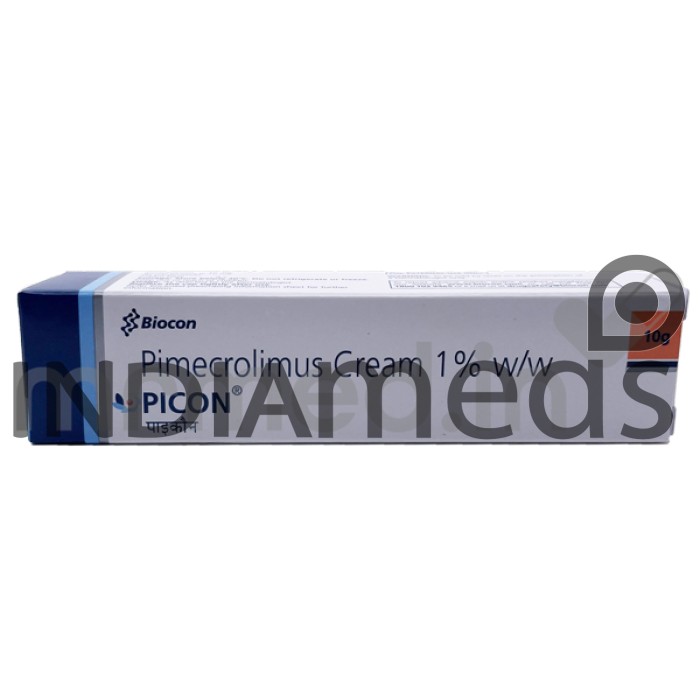
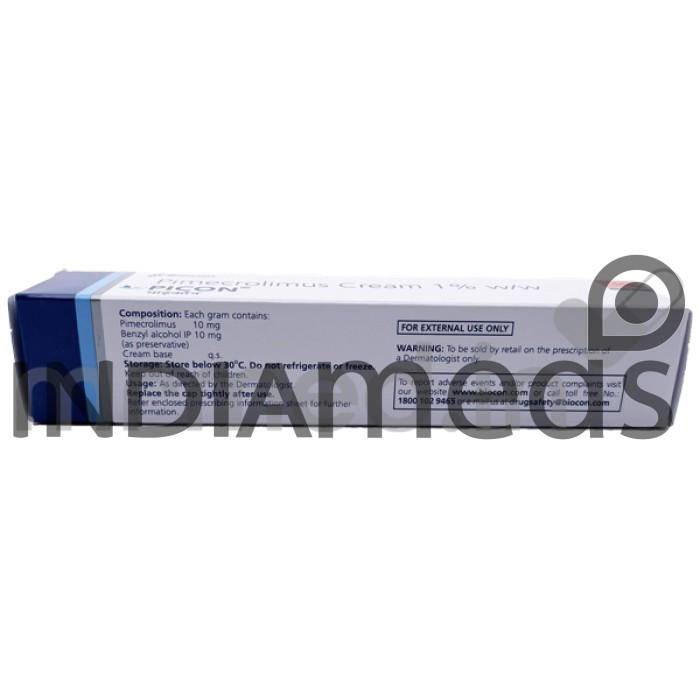
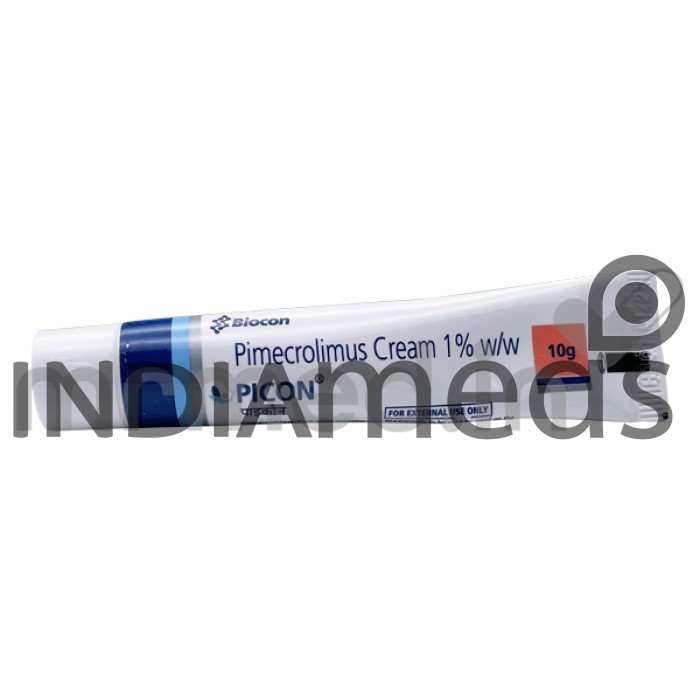



-200x200.jpg)
-200x200.jpg)
